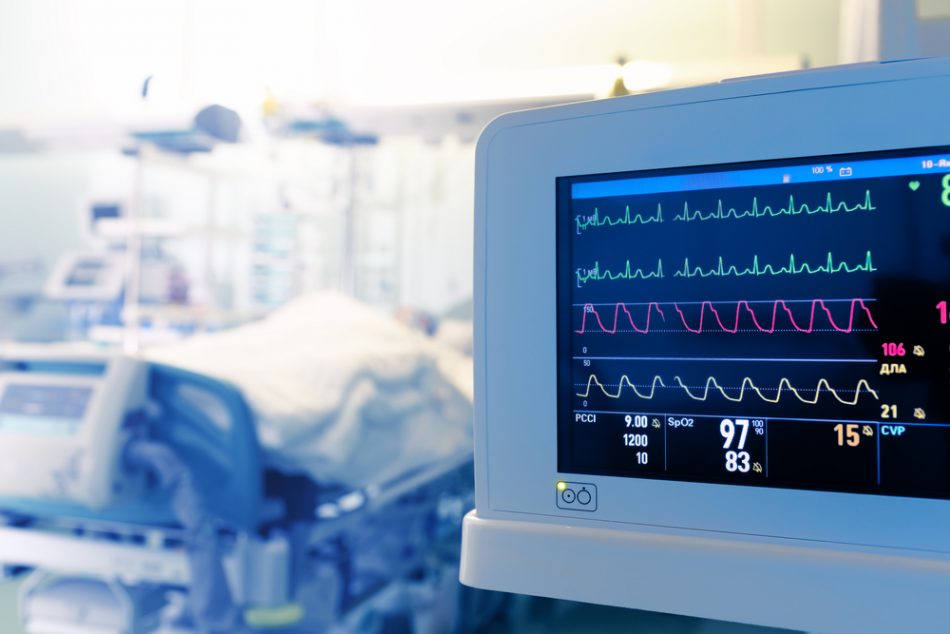
Game of Trawls: How AI-equipped fishing nets could help reduce by-catch
While a very popular practice in the fishing industry, bottom trawling has long been criticized for its huge negative impact on marine ecosystems. A new device from researchers in France, however, could finally help make the method more eco-friendly. What is bottom trawling and why is it bad for Read More...

New AI system helps prioritize and assess ICU patients
A new AI system created by researchers at the University of Washington aims to help doctors during busy periods, like during a global pandemic. How does the technology work? The new algorithm can instruct doctors on which patients need intensive care unit (ICU) treatment and which can be helped Read More...

These are the 2021 Hyperspace Challenge winners
The U.S. Space Force has chosen its winners of this year's Hyperspace Challenge. The idea of the competition, which started in 2018, is to develop technology that can be applied to or solve problems in the space domain. The start-ups and universities who come up with the best ideas receive prize Read More...

AI and robots team up to piece together ancient Pompeii frescoes
The Roman city of Pompeii was buried in ash by the eruption of Mount Vesuvius in A.D. 79, and has fascinated archeologists since its discovery in the 1700s. Unfortunately, piecing this ancient city back together is no easy feat. To more efficiently reconstruct the ancient city, researchers from the Read More...

This cutting edge camera is the size of a grain of salt
Micro-cameras are used in virtually all industries. In the medical field, these tiny cameras have helped facilitate less invasive medical imaging practices and improved robotic surgical tools. Structures of molecules and neural pathways have been uncovered using this technology, although achieving Read More...

Using black holes to study the expansion of the universe
Scientists have a new hypothesis called “cosmical coupling," which will potentially give more clues into how our mysterious world operates. The widely accepted theory about the origin of the universe is the Big Bang. It states that when the explosion occurred, the universe expanded outwards and Read More...

AI has helped design the chickpea of all chickpeas
AI has helped humans achieve a lot of things; from predicting seizures, to completing Beethoven’s unfinished 10th Symphony. Its latest endeavor: designing the ultimate chickpea. Although these pulses are a thoroughly understood crop, the genome of most varieties is not well sequenced. An Read More...

AI can predict protein interactions like never before
You may be surprised to know our DNA Purley codes for proteins. These little molecules are responsible for all of us; from eye color, to organ activity. Scientists have studied the structure of proteins for decades now. Understanding their shape, function, and interaction is essential to grasping Read More...

Researchers finally teach robots how to master the challenge of doors
Turns out that if you want to stop a looming robot take over of the planet, put a door in front of them. An aerospace engineering professor at the University of Cincinnati (UC), Ou Ma explains, "Robots can do many things, but if you want one to open a door by itself and go through the doorway, Read More...

Can a machine read your mind? Turning thoughts into words
BrainGate recently made a technological breakthrough that has the potential to improve the quality of life of people living with paralysis. Previously, brain-computer interfaces (BCIs) had been able to translate thoughts into the physical world through point-and-click systems using virtual Read More...


